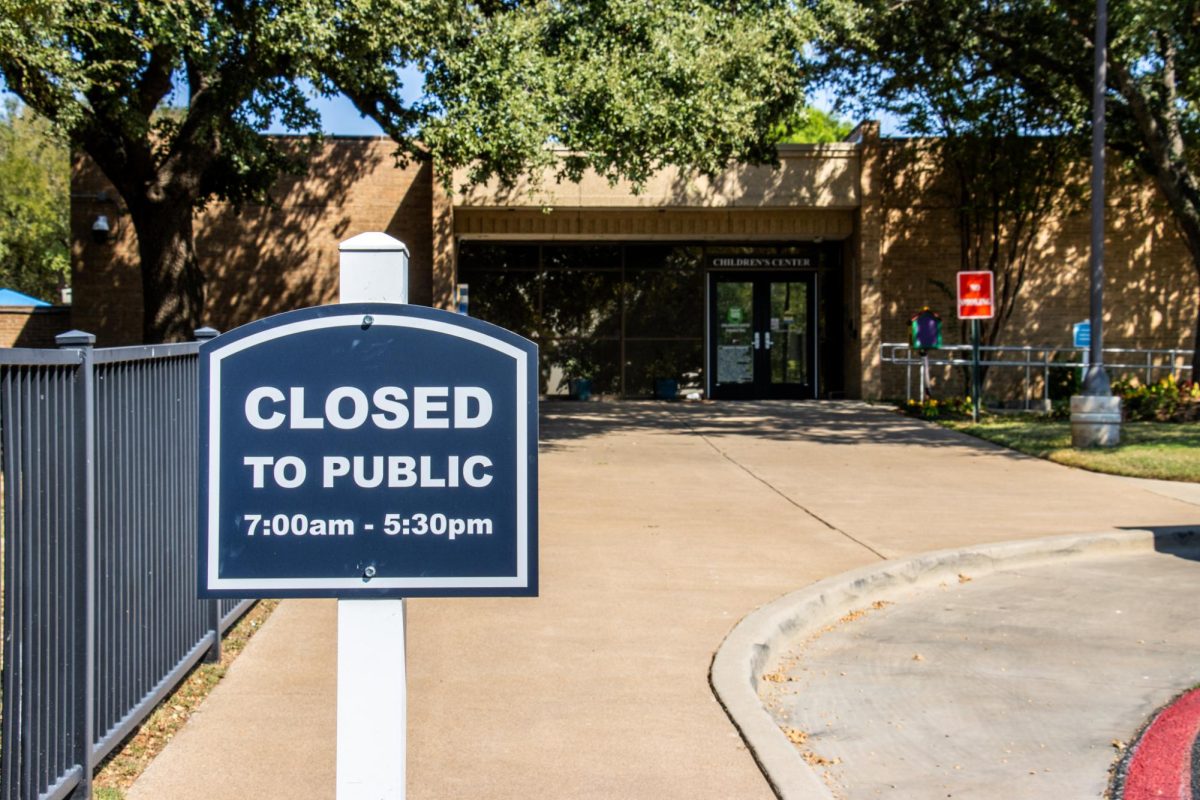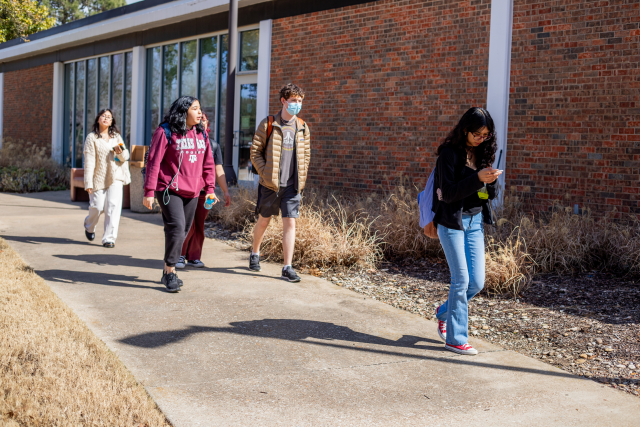NINA BANKS
campus editor
nina.banks@my.tccd.edu
Summer seems to be getting progressively more unhinged. My bingo card is chock full of events I would’ve never dreamed or wished upon anyone — and yet, humanity finds a way.
Ariana Grande’s divorce and subsequent cheating scandal, the Montgomery Brawl and how could anyone forget YouTube star Colleen Ballinger’s child grooming ukulele apology. Certainly not me.
We had no shortage of blockbuster movies. With Marvel and Sony Pictures’ “Spider-Man: Across the Spider-Verse” and the highly anticipated “Barbenheimer” movie weekend. Letterboxd solicitors and people running out of their “cute things to do this summer” checklist alike were rushing to the theaters.
This summer has also been home to several tragedies. On June 18, the Oceangate submersible deployed to view the Titanic, but lost communication with the world shortly thereafter. Approximately four days later, it was announced the submersible imploded, killing its five passengers.
Earlier this month, several wildfires in Maui broke out, primarily impacting the town and people of Lahaina. As of Aug. 21, the death toll has reached 114 people and children and 850 people are still missing.
Though the loss of human life is incomparable, the reactions to both events would make you think otherwise.
The Oceangate submersible was met with international efforts to find the vehicle. Yet, little effort outside of Maui has been done to aid the people.
The prioritization of the powerful over marginalized communities is nothing new. Four days prior to the Oceangate implosion, a boat of migrants seeking refuge capsized, killing 82 and leaving around 500 missing. But little to no media coverage was dedicated to covering this humanitarian disaster.
The victims of each event are great indicators of why the response to each disaster was as big or small as they were. On board the submersible were all incredibly wealthy men, who each paid $250,000 to have a seat in the vehicle. Those who died in the fires were locals to the island of Maui, a place the US has constantly exploited for tourism due to its scenery.
Hawaiian locals have urged people in the contiguous United States to rectify the problems caused by the hotel and tourism services. Even before, when we look at how Hawaii was “annexed,” the mistreatment of Hawaiians has been implemented since their acquisition.
As a student journalist, observing such great devastations receive so little attention is extremely disheartening. An important facet of reporting is to cover the marginalized, oppressed and those without access to a platform. The suppression — whether unintentional or not — of disasters affecting US citizens that we have exploited economically and environmentally since their annexation is completely unacceptable.
If we are so willing to devote international efforts for five wealthy individuals, then we should have intergalactic efforts to aid the people of Maui.











































